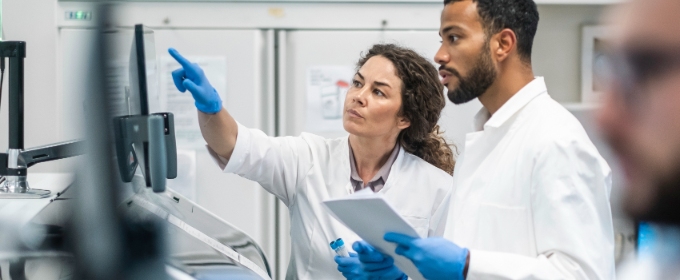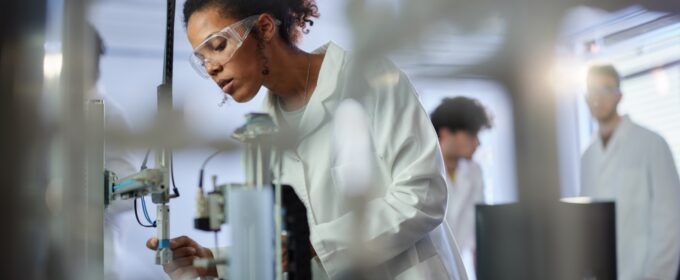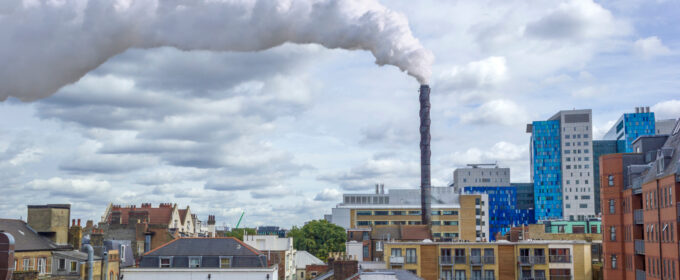Artificial Intelligence (AI) has been promoted as a force that will transform the lives of working people, and the UK government is trying to position our country as one of the great AI superpowers. However, the “AI can solve everything” mantra has led to the development of an “AI Bubble”, buoyed by stock market and […]









